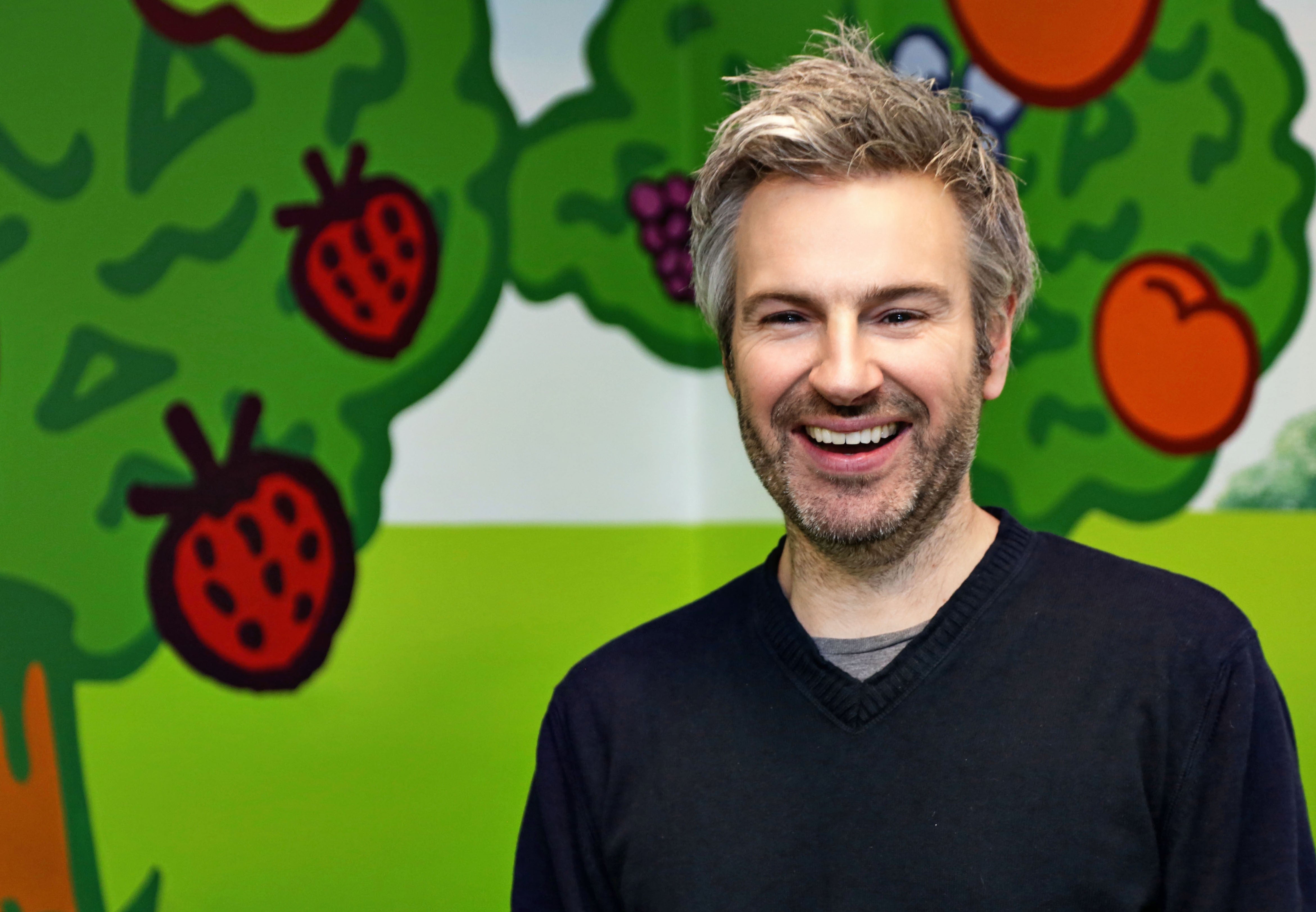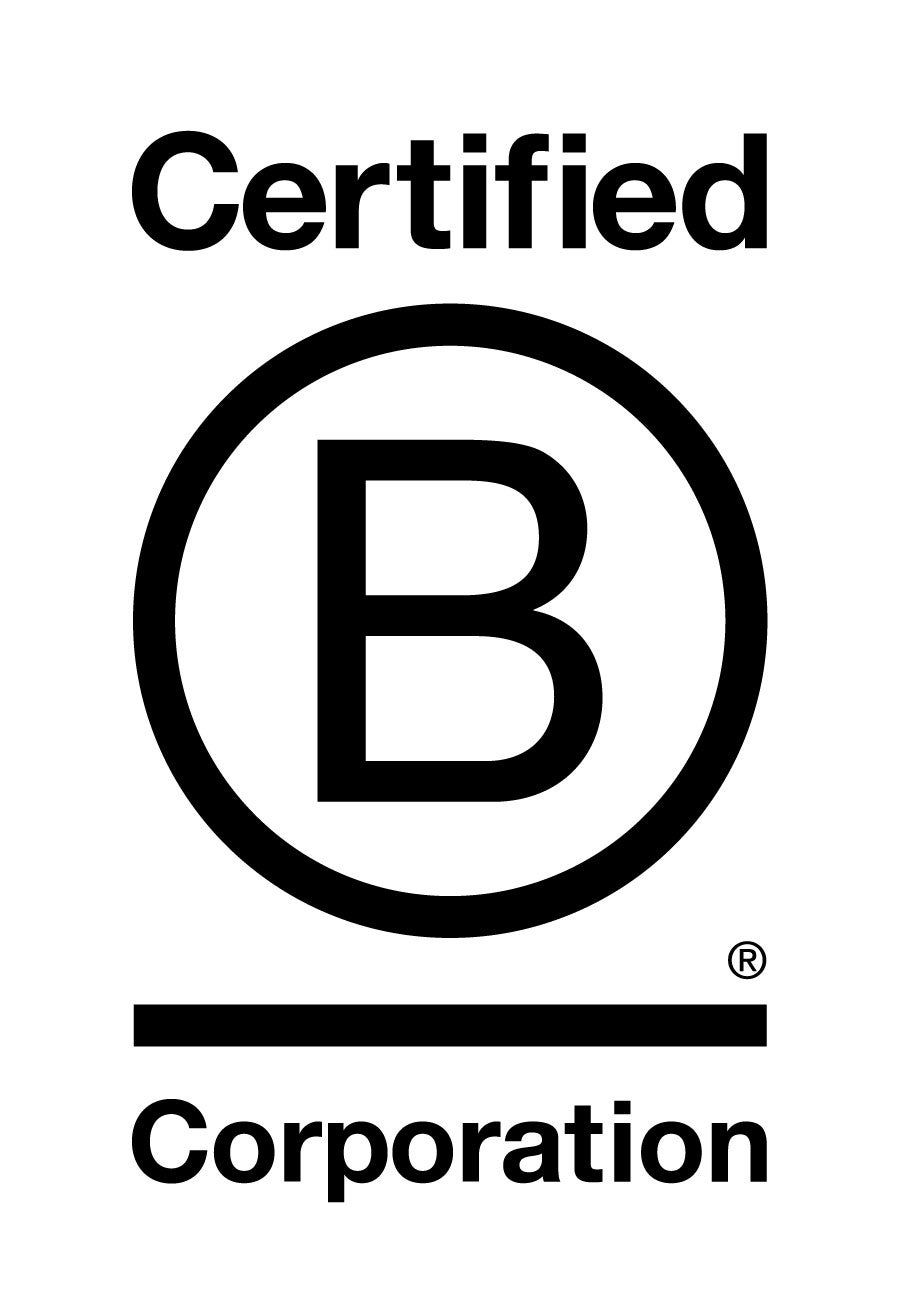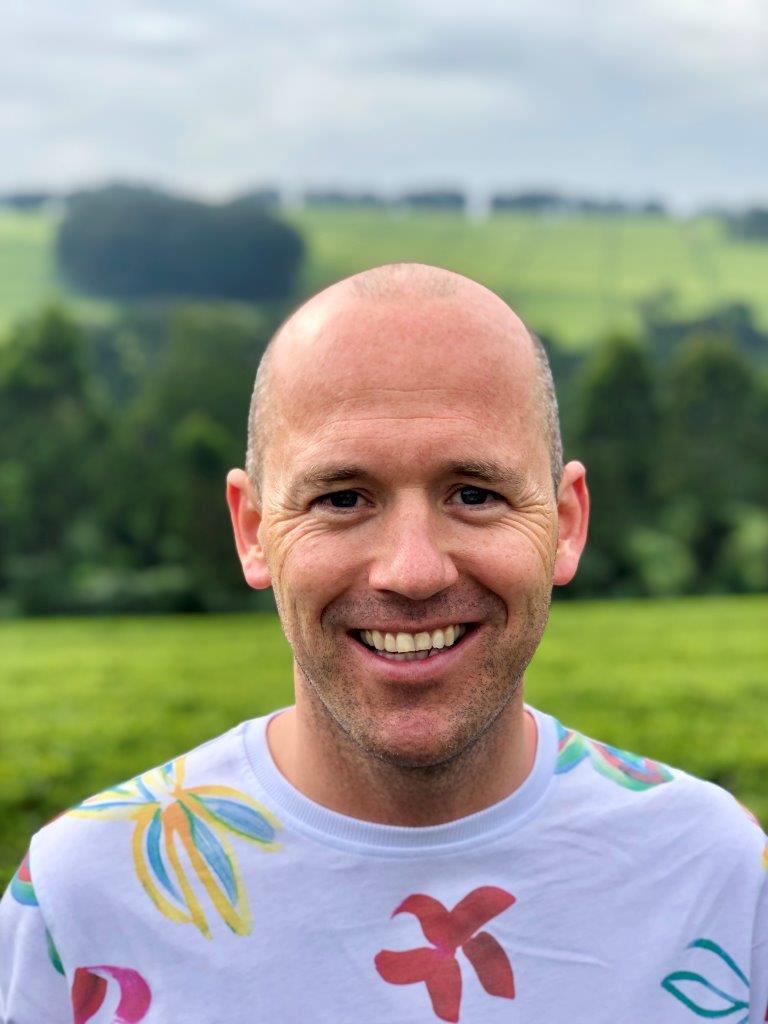Can the B Corp movement really drive change?
Zlata Rodionova speaks to businesses that value purpose as much as profit


With the pandemic increasing focus on sustainability and conscious consumerism on the rise, demand for a better model of business is growing.
This trend has fuelled interest for an organisational form, the certified B Corporation.
For the uninitiated, B Corp companies are businesses that value purpose as much as profit. In comparison to the Fairtrade label, which is awarded to specific products as a guarantee that they are ethically sourced, B Corp certification scrutinises a company’s overall social and environmental impact including – governance, workers, community, environment and customers.
The credential was created by B Lab, a non-profit that aims to help purpose-driven firms grow while having a positive impact on the planet and society. While the first 82 B Corp firms were certified in 2007, today there are over 3,500 certified businesses in more than 70 countries with 430 in the UK.
But what is the appeal of the certification? Are consumers aware of what it represents and can these companies really bring significant change?
Mark Cuddigan, CEO of baby and toddler food Ella’s Kitchen and a “massive cheerleader” of the B Corp movement, argues that the company certification in 2016 “transformed the business” and is one of the company’s proudest achievement so far.
Speaking about the certification process, he told The Independent: “It’s like a great lens through which to look at your company, assess it and then make it better.”
Companies looking to join the movement have to go through a rigorous assessment process and score 80 out of 200 points to be eligible for certification. Businesses must also recertify every three years with costs depending on the size of the company and the changes it has to do.
Research revealed that B Corps in the UK are growing 28 times faster than the national economic growth of 0.5%
“The first time we applied we thought we’d sail through it and we didn’t get the 80 points. It was a shock. It just asked us lots of questions that, as a fast-growing business, we hadn’t asked ourselves” Cuddigan said.
As an example, at the time of the certification, Ella’s Kitchen maternity policy fell short of the requirement because it “wasn’t very generous”. This pushed the company to make it “market leading” in order to certify.
Cuddigan said: “I’m passionate believer that your sustainability strategy shouldn't be separate from your business strategy. All our sustainability goals are now right, front and centre.
“We have 94 points at the moment and we have a strategy to get to 100. We need to make lots and lots of changes and push ourselves to get that, but we always want to be better. Nobody’s perfect, but this gives us a measure and constantly pushes us to improve.”
Research published by B Lab in 2018 revealed that certified B Corps in the UK are growing 28 times faster than the national economic growth of 0.5 per cent.
But those who have successfully completed the process admit that consumer awareness is still relatively low and it remains difficult to prove that the certification translates into sales or profit.
So, what’s the appeal? For many firms, it’s about putting their money where their mouth is.
Pukka Herbs was one of the first members of the movement in the UK and the first of its size to have a climate goal to be carbon zero by 2030 – but some of its customers were left disappointed when the brand was acquired by Unilever in 2017.

Chief executive Karel Vandamme admits that the reaction to the acquisition was “emotional” and the company spent a great amount of time addressing it “as much as it possibly could”. Eventually, their commitment to the B Corp movement and their sustainability goals helped convinced shoppers that the brand remained “true to its purpose”.
He said: “The way the partnership was set up meant that we would be able to continue to realise our mission through our commitments.
“Even the more sceptical customers are now coming back and seeing us as an example of how a small brand can be acquired and still be true to its purpose. There’s also the leverage and the opportunities brought by our parent company, which have helped us grow faster and even expand. The more we grow, the more impact we can generate.”
Douglas Lamont, chief executive of Innocent Smoothies, which is owned by Coca Cola and certified as B Corp in 2018, agrees. He thinks challenging sustainability targets and the urgency of the climate crisis means companies can no longer afford to work alone.
Speaking about Innocent’s relationship with its owner, he said: “It’s a really positive relationship. Ultimately, we have complementary strategies. We are one of the front runners pushing the boundaries and hopefully they can learn from us but we learnt a huge amount from them as well.
“We’re all rowing in the same direction these days. Sometimes we all might be going at different speeds and obviously we’re all different sizes, so it’s not all uniform, but I think it’s about creating an environment where we can all learn from what we’re doing.”

“Whether, you’re Innocent or whether you’re Danone, or a smaller surf company, like Finisterre in Cornwall, the B Corp certification means we’re all answering the same set of questions. That feels like we’re setting the agenda, we’re not waiting for the government – and that’s powerful.”
All three leaders agree that while consumer awareness is growing slowly, embracing B Corp means becoming a better company which feeds through in terms of attracting talent and key performance indicator (KPI).
While Ella’s Kitchen has been named in The Sunday Times’ “Best small companies to work for” list for four years in a row, Vandamme admits that’s Pukka’s commitment to the movement is what attracted him to the top job in the first place: “Being a B Corp is a philosophy and it translates to your values. For me, it was a personal motivation to join Pukka because, as a professional, l wanted to make a positive impact.”
Lamont added that becoming a B Corp is the “smart thing to do” in terms of the long-term performance of your business. He said: “Talent attraction is what comes first and then comes retention. We had a good reputation as an employer already, but what we’ve seen is better talent coming through our doors saying ‘well after the founders left, we weren’t so sure, but after you became a B Corp, we can see you mean what you’re saying and the fact that you’re committed gives me great confidence about the future of the brand’.”
Although the movement is taking force with both Waitrose and Ocado now having dedicated aisles for B Corp-certified brands sceptics argue that a handful of companies don’t have enough authority to drive significant change.
But B Corps advocates hope their “power of collaboration” will influence others to join the movement and consumers will eventually appreciate the economic power they have to drive change.

Lamont, said: “What you’re seeing this year is companies getting ready to own their marketing strategies and push it [the B Corp label] on their packs. All of a sudden the label is out there. True understanding of it? It will probably take five to 10 years.
“But certainly, over the last 12 months, the business conversation is changing. Three years ago, being a B Corp was seen as a bit of a niche, now it’s becoming more and more credible and mainstream”.
Vandamme argues that consumer’s growing consciousness in terms of where they spend their money will eventually drive change, although it won’t happen overnight. He said: “I’m hopeful that a group like B Corp, in the future, will reassure consumers that they are making a choice, which is helping to address the bigger challenges that we have.
“A growing self-awareness with regards to the economic power all of us have when we buy our clothes, our food or other products is something I’m expecting to develop in the next 10 to 15 years. ”
Ella’s Kitchen, Pukka Herbs and Innocent Smoothies have all committed to being carbon net zero by 2030 – although each of the leaders admit these goals are incredibly challenging.
In addition to their B Corp certification, Innocent Smoothies, Ella’s Kitchen and Pukka Herbs are also part of the powerful coalition of businesses behind the Better Business Act (BBA) campaign, which also includes brands such as John Lewis and Brewdog.
Read More:
The BBA is asking the UK government to change Section 172 of the Companies Act (2006), so that companies would be legally obligated to operate in a manner that benefits their stakeholders, including workers, customers, communities and the environment. Cuddigan said: “If we don’t all start making good on commitments and become net zero, then we are kind of finished.
“We can influence other companies to be purposeful, and we’re only going to get out of the mess that we’re in as a human race if that happens. It’s no longer good enough for a single company to say ‘Hey look we’re great’ and not try to influence others. We need everybody to be net zero. If we become net zero at Ella’s Kitchen and no one else does it, then what’s the point?”
Join our commenting forum
Join thought-provoking conversations, follow other Independent readers and see their replies
Comments
Bookmark popover
Removed from bookmarks